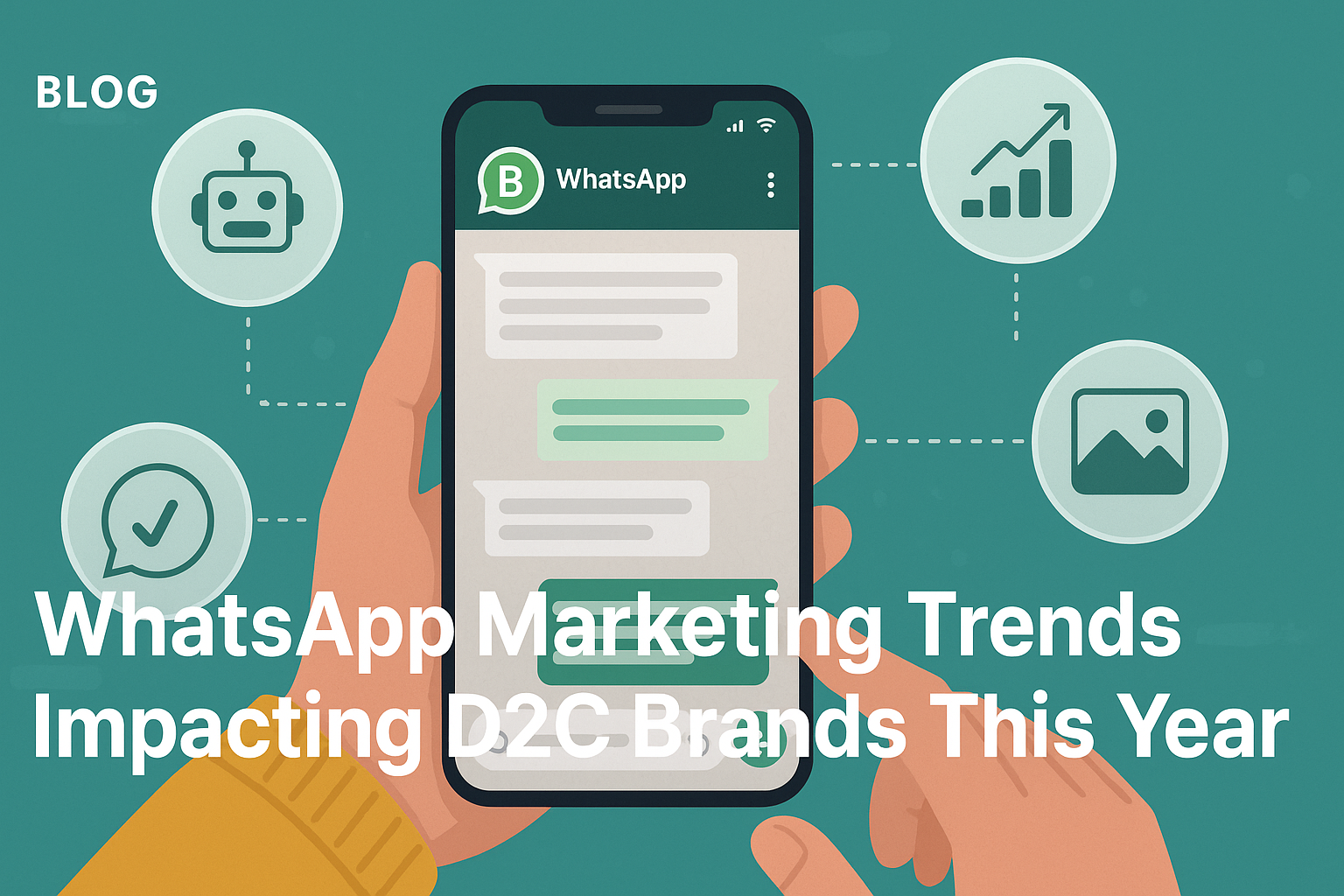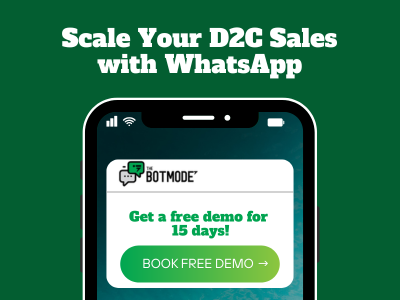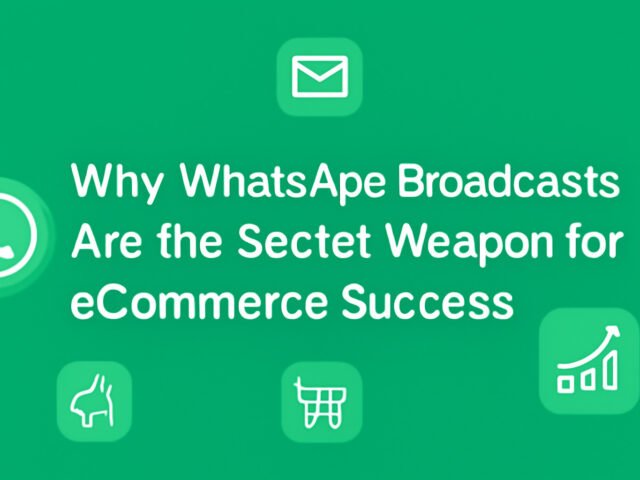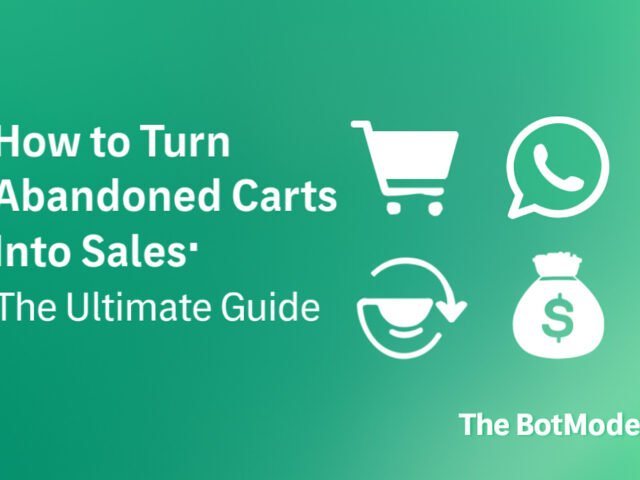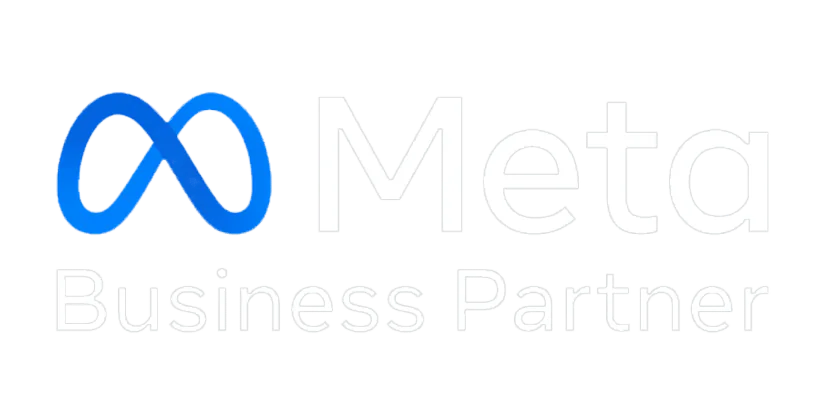Introduction
In the world of D2C brands, staying ahead of the curve means embracing channels that connect meaningfully with customers. One such potent channel is WhatsApp marketing. With millions of users checking messages and engaging in chats daily, WhatsApp is no longer just a communication tool—it’s a strategic growth lever. For D2C companies, especially those looking to build loyalty, drive conversions and deepen relationships, understanding the latest trends in WhatsApp marketing matters more than ever.
In this blog post, we explore the main trends shaping WhatsApp marketing for D2C brands this year, why they matter, and how you can act on them.
Why WhatsApp Marketing is Critical for D2C Brands Now
For D2C brands, direct interaction with customers is the nucleus of their business model. Using WhatsApp meets this goal in several ways:
- High engagement & open‑rates: WhatsApp messages consistently show much higher open rates compared to email or SMS.
- Conversational, direct channel: Instead of pushing messages one‑way, you can engage in real‑time chats, answer questions instantly, send rich media and guide users through a purchase.
- Shorter, more seamless customer journeys: D2C brands can bring the store to the chat, instead of making the customer jump through multiple hoops. As one article put it: “WhatsApp has quietly become the new face of direct‑to‑customer (D2C) marketing in India… going from a simple ‘Hi’ on chat to placing an order in just a few taps.”
- Integration & data leverage: As WhatsApp business tools evolve, you can tie chats into your CRM, automate workflows and treat them as part of your growth stack.
If you’re looking to adopt or scale WhatsApp marketing for your D2C brand, tools and deeper strategy support can help—check out [our platform] (https://thebotmode.com/) for more on that.
Trend 1: AI‑Powered Personalisation & Chatbots
One major shift in WhatsApp marketing is the move from generic broadcasts to hyper‑personal, conversation‑driven experiences.
- Brands are deploying AI‑driven chatbots on WhatsApp that understand context, respond appropriately and help users make decisions.
- For D2C brands this means: product suggestions based on past purchases, multilingual support, 24/7 replies, reducing human agent burden.
- The payoff? Better customer satisfaction, higher conversion rates, and stronger brand loyalty.
- With WhatsApp’s conversational interface, when you deliver tailored messages and interactive experiences, you’re moving from “one‑to‑many” to “one‑to‑one” at scale.
- According to recent data: personalisation is a key driver of WhatsApp engagement—72% of users better engage when messages are tailored.
Action tip: Start by mapping common customer intents (e.g., “Which size?”, “Show me latest”), build simple flows with chatbots, then layer in dynamic content (product images, offers) based on user profile.
Trend 2: Conversational Commerce – From Chat to Checkout
For D2C brands, closing the gap between interest and purchase is critical—and WhatsApp is becoming a key tool in that conversion funnel.
- On WhatsApp you can now showcase product catalogues, support “click‑to‑chat” buttons, integrate payment or checkout links—all inside the chat.
- This reduces friction: the customer stays in one environment, engages by chat, maybe asks a question, sees an image, clicks to buy.
- Especially in markets like India, where WhatsApp is deeply embedded in daily behaviour, this trend is rapidly growing.
- D2C brands can use this to shorten funnel steps, increase impulse buys, and provide a “store‑front in the chat”.
Action tip: Ensure your WhatsApp business profile is set up, enable catalogues, structure chat flows that lead to checkout or purchase links, and test quick‑reply options like “Buy now” buttons inside chats.
Trend 3: Rich‑Media Messaging & Interactive Content
Gone are the days when WhatsApp business messages were just plain text. The third trend is about elevating the experience with rich media.
- Use of images, GIFs, short videos, carousels, interactive buttons (like “View product”, “Chat agent”) inside WhatsApp threads.
- For D2C brands, this is a powerful way to showcase product visuals, demonstrate features, build excitement, and engage users.
- Studies show richer content drives higher click‑throughs and increased purchase intent.
Action tip: Treat WhatsApp messages like mini‑micro‑campaigns. Use a photo of product + key benefit + button “See more”—then follow with chat engagement.
Trend 4: Integrated Marketing Automation & CRM Linkages
Scaling WhatsApp marketing requires more than sending messages—it requires integration and automation.
- Leading D2C brands are linking WhatsApp with their CRM systems, e‑commerce platforms and segmentation tools to automate flows like: abandoned cart nudges, welcome sequences, post‑purchase follow‑ups.
- Automation allows timely messaging, based on user behaviour (e.g., “You viewed this product, would you like to chat?”) rather than generic blasts.
- For D2C brands with large customer volumes, this enables personalised, scalable outreach without huge manual effort.
Action tip: Identify key triggers (e.g., cart abandonment, first purchase, VIP customer) and build WhatsApp workflows accordingly. Link with your CRM and tag users correctly.
Trend 5: Privacy, Compliance & Opt‑In Strategy
As WhatsApp becomes more central to marketing, brands must be mindful of privacy and opt‑in requirements.
- The platform emphasises user consent before messaging and many regions now have tighter rules around messaging and data.
- For D2C brands, this means: transparent opt‑in mechanisms, clear message frequency, easy opt‑out, respecting user preferences.
- Ensuring compliance isn’t just legal—it builds trust with the customer, which is especially important when using a personal channel like WhatsApp.
Action tip: On your website, integrate “Opt‑in for WhatsApp updates” checkboxes, clearly explain what messages customers will receive, and honour unsubscribe requests promptly.
Trend 6: Localisation & Multilingual Engagement
Especially in diverse markets, localising WhatsApp communications is a powerful differentiator.
- For D2C brands operating in large geographies (India, SE Asia, Latin America), using regional languages, culturally relevant content and region‑specific offers can significantly boost engagement.
- Localisation also means tailoring timing, visuals, chat tone, and product references to regional behaviour—making the conversation feel native, not just translated.
Action tip: Segment your audience by region/language, then craft WhatsApp campaigns in their preferred language, with culturally aligned visuals and messaging.
Trend 7: Metrics, Analytics & ROI Tracking
What gets measured gets improved. WhatsApp marketing is no different.
- D2C brands should monitor metrics such as: open rate, reply rate, click‑to‑chat conversion, chat to purchase conversion, retention, average order value of chat‑driven purchases.
- Advanced brands are using predictive analytics and machine learning to forecast which chat flows will convert, and then optimising accordingly.
- For your WhatsApp strategy to be credible internally (for executive buy‑in), you’ll need to tie chat activity to real revenue metrics, customer lifetime value, and ROI.
Action tip: Set up dashboards tracking WhatsApp campaign KPIs, compare them against other channels (email, SMS), and highlight cost‑per‑acquisition and LTV of users acquired or engaged via WhatsApp.
Conclusion
WhatsApp marketing is not the future—it’s the now. For D2C brands that commit to it, the opportunities are immense: higher engagement, more personalised experiences, shorter purchase journeys, stronger loyalty and ultimately, higher revenue.
By staying on top of these trends—AI‑powered personalization, conversational commerce, rich media, automation & integration, privacy compliance, localisation and rigorous analytics—you’ll position your brand not just to use WhatsApp, but to master it as a channel.
FAQs
Q1: What is WhatsApp Marketing for D2C Brands?
It’s the use of WhatsApp to connect directly with customers—sending personalized messages, promotions, and support to drive engagement and sales.
Q2: Why should D2C brands use WhatsApp Marketing?
Because it delivers high open rates, instant customer interaction, and seamless purchase journeys—all in a single, familiar app.
Q3: Is WhatsApp Marketing expensive for small D2C businesses?
Not necessarily. It can start free with the Business App and scale cost-effectively with the API as your brand grows.
Q4: Can WhatsApp Marketing really increase conversions?
Yes. With real-time conversations, product showcases, and faster support, WhatsApp helps convert interest into sales faster.

